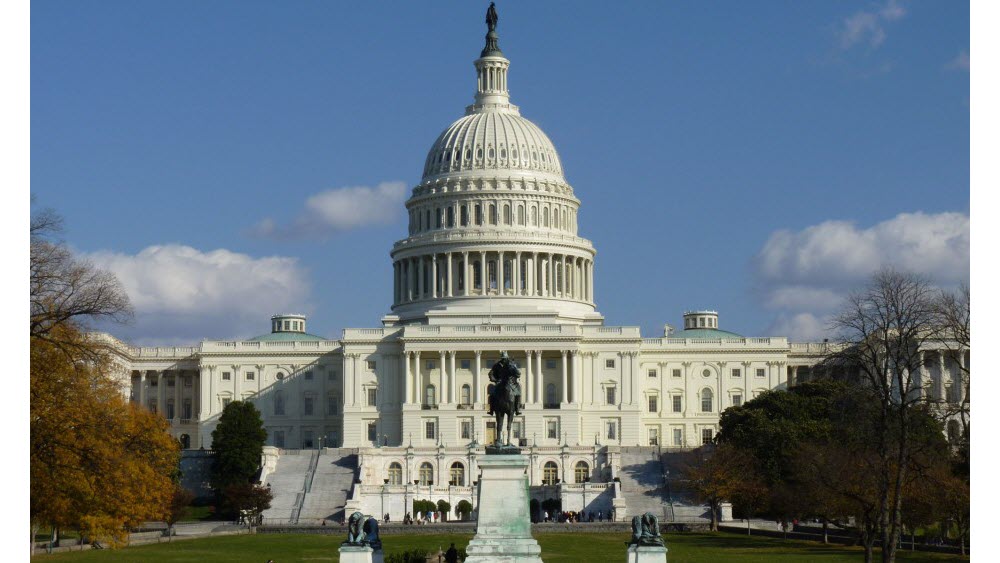Barr to Senate: Mueller Will Complete Russian Investigation

The smarter way to stay on top of broadcasting and cable industry. Sign up below
You are now subscribed
Your newsletter sign-up was successful
Attorney General nominee William Barr told the Senate Judiciary Committee Tuesday that he would not allow partisan politics to enter into Justice's special counsel Robert Mueller's investigation of Russian election meddling, or any other investigation or Justice decision for that matter.
The President who nominated him has suggested the investigation is a partisan "witch hunt" driven by his opponents with an assist from the mainstream media.
The country is deeply divided, Barr said in his confirmation hearing Tuesday (Jan. 15). He said in that current environment "people have to know there are places in government where the rule of law, not politics, holds sway. Justice must be that place."
Barr has already assured one Senator that he would recuse himself from the AT&T/Time Warner merger lawsuit DOJ filed to try and block or, now, unwind the deal as an antitrust threat.
Barr is a former AT&T-Time Warner board member who filed written testimony in the case taking issue with current DOJ antitrust chief Makan Delrahim's characterization of a meeting they had both attended about the deal.
Barr separated himself from the President's attacks on Justice and the special counsel and the investigation. He said he did not think Mueller, who is a friend, would engage in a witch hunt; pledged to allow Mueller to finish the investigation into Russian election meddling, and would share the results of that investigation, to the degree he could under the law, with Congress and the American public.
Barr also said he had great respect for the Justice Department and the people who worked there, a sentiment the President has not shared.
The smarter way to stay on top of broadcasting and cable industry. Sign up below
Barr said that President Trump had not sought or gotten any assurances from Barr about how he would conduct himself as attorney general, beyond Barr's pledge to serve with independence, professionalism and integrity, as he had in his first stint as attorney general in the early 1990's under President George H.W. Bush.
Barr, when pressed by Committee ranking member Dianne Feinstein (D-Calif.)," committed to providing Mueller with the resources and time to finish the investigation and would not be discharged without cause. He also said he would make Mueller's report public to the degree he could within the rules of the special counsel.
Barr said no matter what the President asks, DOJ can't act unless it concludes there is reason under the law to take that action. He used as an example a direction to go after a Chinese company for stealing trade secrets. Barr said the President would not be out of bounds to seek such action--he is the chief law enforcement officer--but Justice would be out of bounds if it took such action without first determining whether there was a reason under the law to do so.
Barr said his allegiance would be to the rule of law, the Constitution and the American people, adding: "This is how it should be, and must be, and will be if I am confirmed."
When asked by Sen. Dick Durbin (D-Ill.) what would be his potential breaking point in the job, Barr said: "I will not be bullied by anybody into doing anything that is wrong, not by editorial boards, not by Congress and not by the President."
Contributing editor John Eggerton has been an editor and/or writer on media regulation, legislation and policy for over four decades, including covering the FCC, FTC, Congress, the major media trade associations, and the federal courts. In addition to Multichannel News and Broadcasting + Cable, his work has appeared in Radio World, TV Technology, TV Fax, This Week in Consumer Electronics, Variety and the Encyclopedia Britannica.

